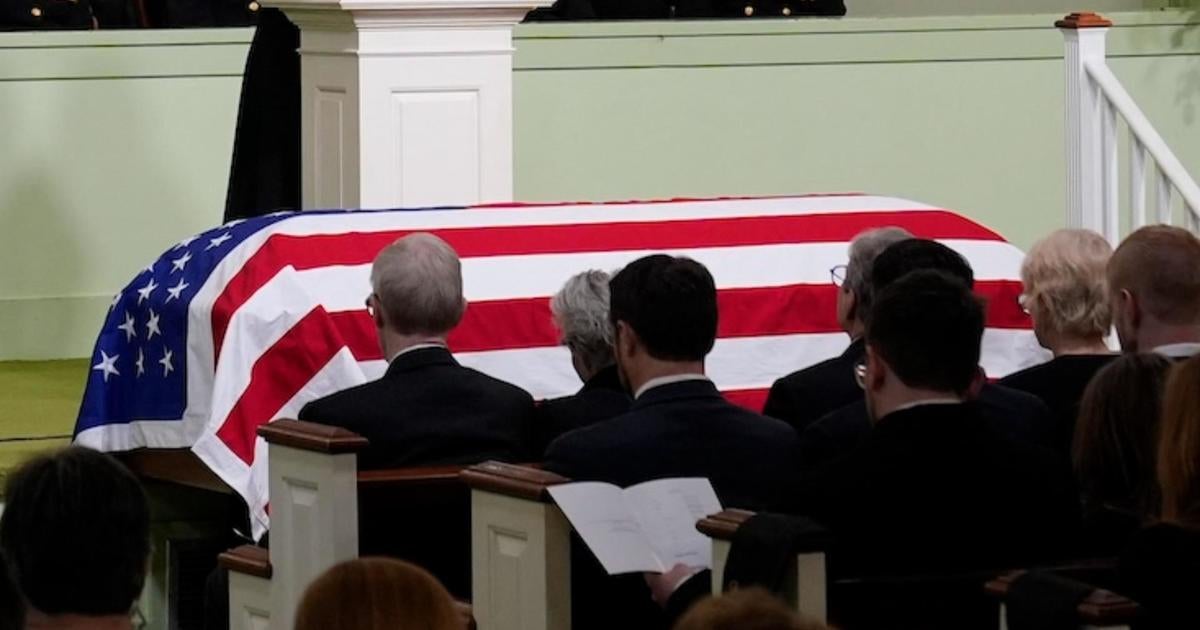A Lasting Legacy: Jimmy Carter’s Final Tribute Celebrates His Journey from Plains to Presidency
As the nation bids farewell to Jimmy Carter, his final services reflect on the remarkable life of the former president and humanitarian. From his roots in Plains, Georgia, to his impactful presidency, the tribute captures the essence of a leader dedicated to service and peace. Carter’s legacy is one marked by resilience, compassion, and an unwavering commitment to improving the lives of others, both domestically and globally.
The Early Years: Foundations in Plains
Born on October 1, 1924, in Plains, Georgia, Jimmy Carter’s upbringing was steeped in the values of hard work, faith, and community. Growing up in a modest family, he learned the importance of service from an early age. His father, a peanut farmer, instilled in him a strong work ethic, while his mother, a registered nurse, taught him compassion and the significance of caring for others.
Carter’s childhood experiences in rural Georgia shaped his worldview. He often participated in community activities and was deeply influenced by the Southern Baptist faith, which later guided his moral compass throughout his political career. His time in Plains was not just a backdrop but a crucible that forged a leader dedicated to social justice and humanitarian efforts.
A Journey to the Presidency
Before ascending to the presidency, Jimmy Carter served in the Navy, where he gained valuable leadership experience. Upon returning to Georgia, he took over the family peanut business and quickly became involved in local politics. His political career began in earnest when he was elected to the Georgia State Senate in 1963. This position allowed him to champion progressive reforms, including education and healthcare initiatives.
In 1971, Carter became the Governor of Georgia, where he continued to push for reforms that promoted racial integration and improved public education. His governorship was a platform from which he launched his presidential campaign in 1976. Running on a platform of honesty, integrity, and a commitment to human rights, Carter captured the nation’s attention and ultimately won the presidency, defeating incumbent Gerald Ford.
Presidential Achievements and Challenges
Jimmy Carter’s presidency (1977-1981) was characterized by significant achievements and substantial challenges. His administration focused on several key areas:
- Human Rights Advocacy: Carter made human rights a cornerstone of his foreign policy. He believed that promoting democracy and freedom was essential to global stability.
- The Camp David Accords: One of his most notable achievements was brokering peace between Israel and Egypt in 1978, which earned him the Nobel Peace Prize in 2002.
- Energy Crisis Management: Faced with an energy crisis, Carter promoted energy conservation and alternative energy sources, emphasizing the need for a sustainable future.
- Economic Challenges: His presidency also grappled with high inflation and unemployment, leading to a difficult economic environment that impacted his re-election bid.
Despite facing criticism during his presidency, Carter’s dedication to peace and human rights left an indelible mark on American foreign policy. His belief in diplomacy over military action reshaped the way the United States interacted with other nations.
Life After the Presidency: A Humanitarian Legacy
After leaving office, many expected Jimmy Carter to retreat into a quiet life. Instead, he embraced a new chapter dedicated to humanitarian work. He and his wife, Rosalynn Carter, founded The Carter Center in 1982, an organization committed to improving global health, promoting democracy, and advancing peace. Through this center, they have worked tirelessly on various initiatives, including:
- Disease Eradication: The Carter Center has made significant strides in eradicating diseases such as Guinea worm disease, demonstrating a commitment to global health.
- Conflict Resolution: Carter has been involved in numerous peace negotiations around the world, using his experience and moral authority to resolve conflicts.
- Advocacy for Democracy: The center monitors elections in developing nations, ensuring fair processes and promoting democratic governance.
Moreover, Carter’s work with Habitat for Humanity has inspired countless volunteers to join him in building homes for those in need, further exemplifying his lifelong commitment to service.
A Tribute to a Legacy of Service
As the nation honors Jimmy Carter’s life and legacy, his final services serve as a poignant reminder of the power of service and compassion. The tributes reflect not only on his presidency but also on his enduring impact as a humanitarian. His life illustrates the potential for political leaders to use their platforms for the greater good, emphasizing the importance of service over self-interest.
Carter’s humility and dedication have inspired generations to engage in public service. His ability to connect with people from all walks of life, whether in the White House or on a Habitat for Humanity site, demonstrates a profound understanding of what it means to be a servant leader.
Conclusion: A Lasting Legacy
As we reflect on Jimmy Carter’s journey from Plains to the presidency, it becomes clear that his legacy transcends political achievements. His unwavering commitment to peace, human rights, and community service paints the portrait of a leader who dedicated his life to making the world a better place. The lessons learned from Carter’s life resonate deeply in today’s society, reminding us that true leadership is defined not by power but by the ability to uplift others.
In honoring Jimmy Carter, we celebrate a life devoted to service, a journey marked by humility, and a legacy that will inspire future generations to follow in his footsteps. As the nation bids farewell, we carry forward his message of hope and service, ensuring that his legacy continues to shine brightly in the hearts of those he touched.
See more BBC Express News

